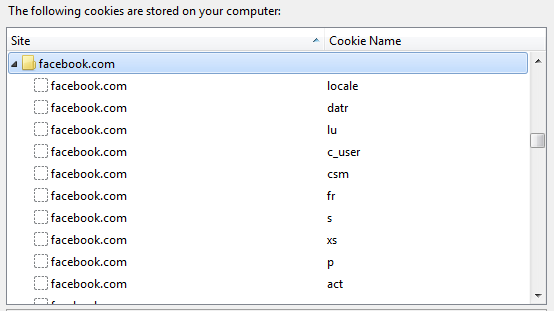
Beyond handling some of the outcomes of cookies through the site, you can also try to keep up with new cookies by continually deleting them from your browser history.
Most browsers have menu items like “Options” or “Settings.” Go here to learn how to manage your cookies in Firefox, go here to learn how to manage your cookies in Internet Explorer, and go here to learn how to manage your cookies in Chrome.
Keeping up with cookie management can be hard and time-consuming, especially if there are certain cookies you want to keep and therefore you don’t want to delete everything in one click. Sites send out new cookies all the time, so if this is your preferred method, you will have to consistently go into your browser settings. Some browsers now offer “Incognito Mode” or “Private Window.” These options allow you to browse “privately.” For example, read about Chrome’s Incognito Mode here.
<
>
Close X




